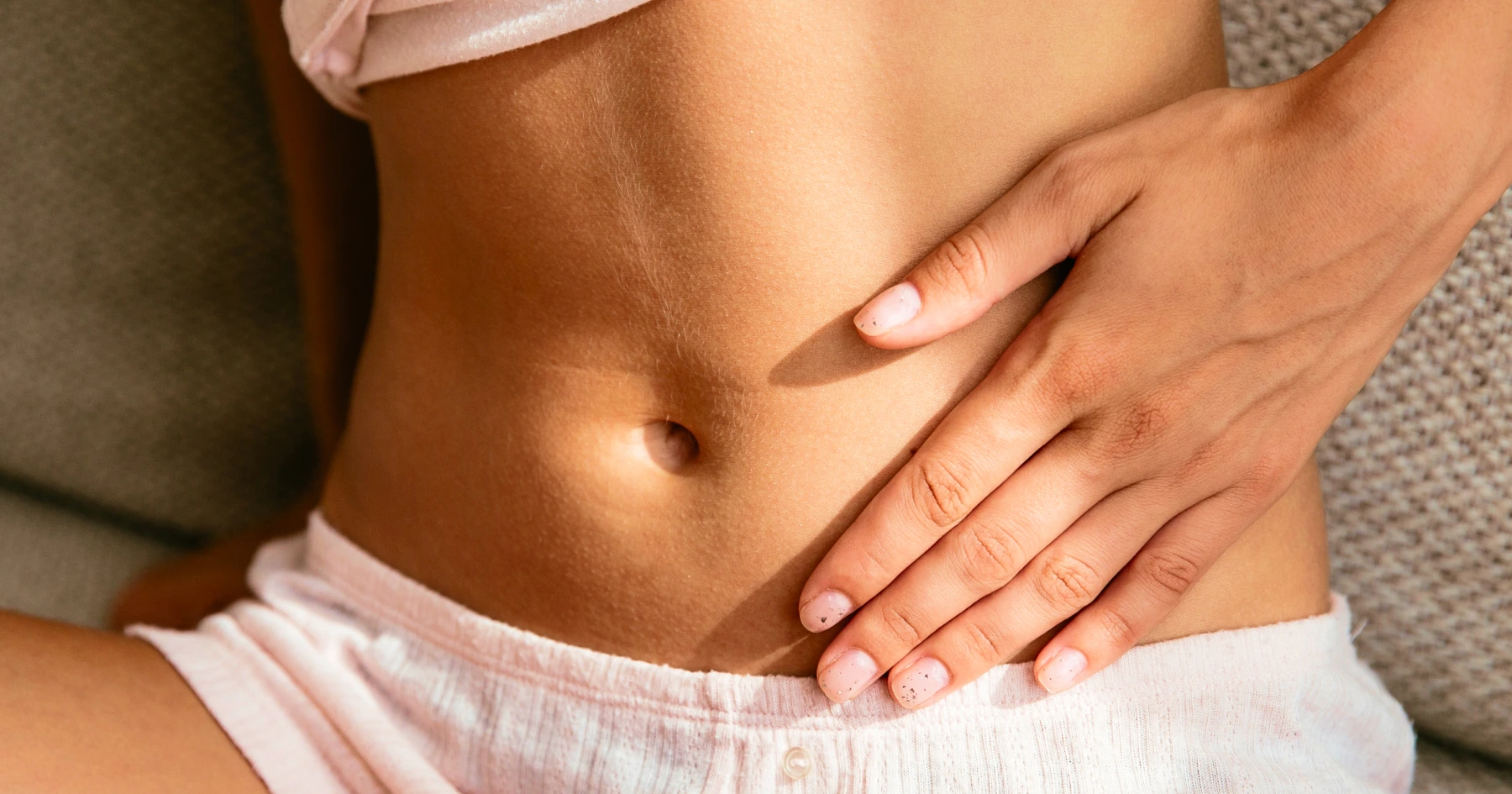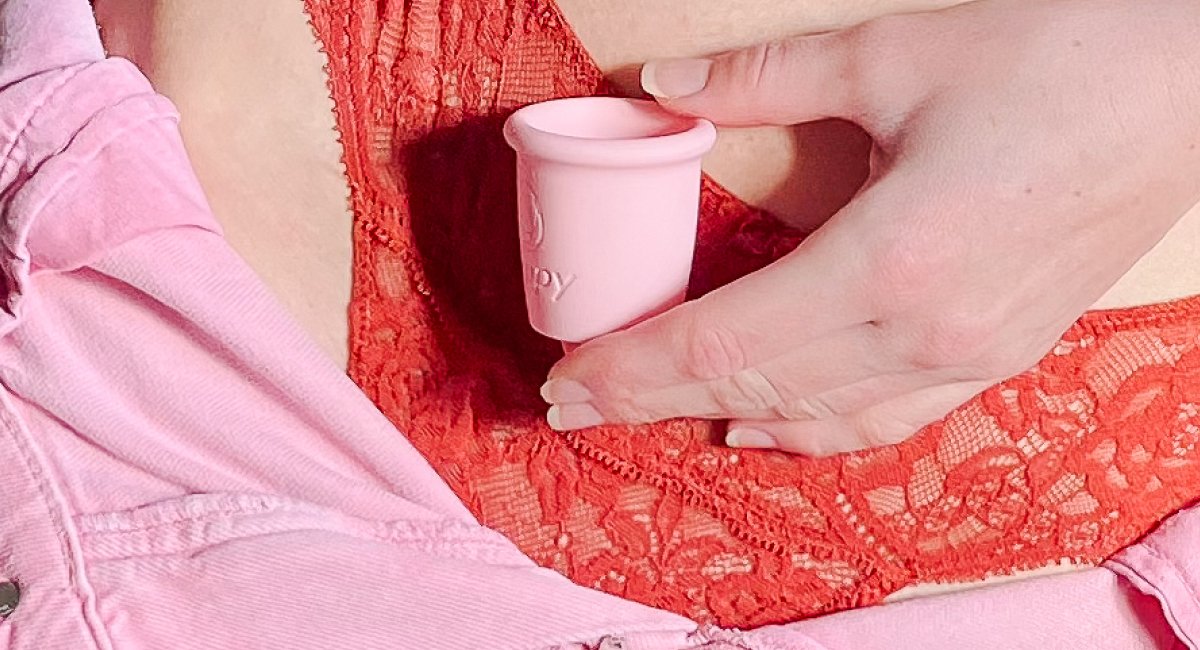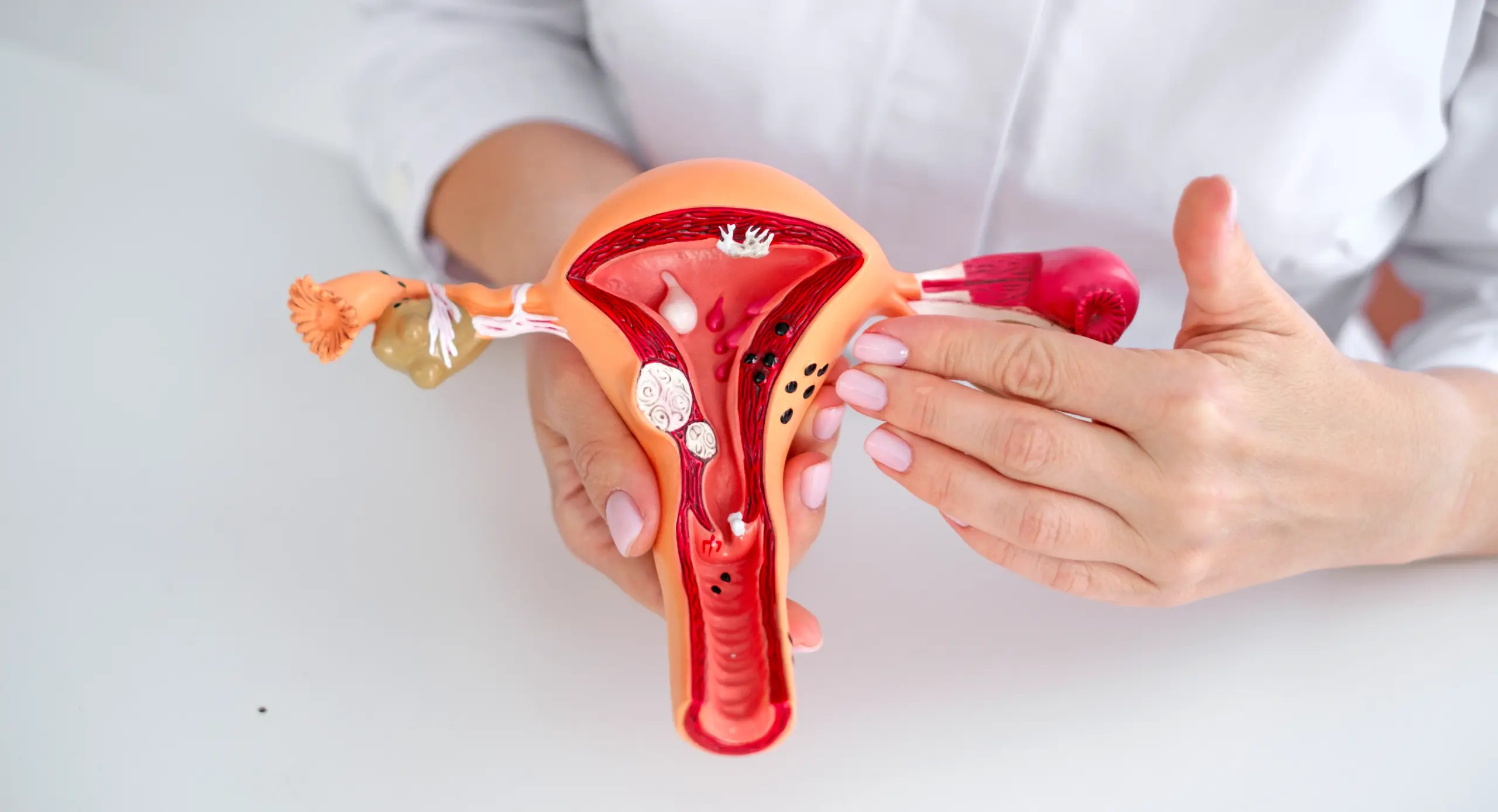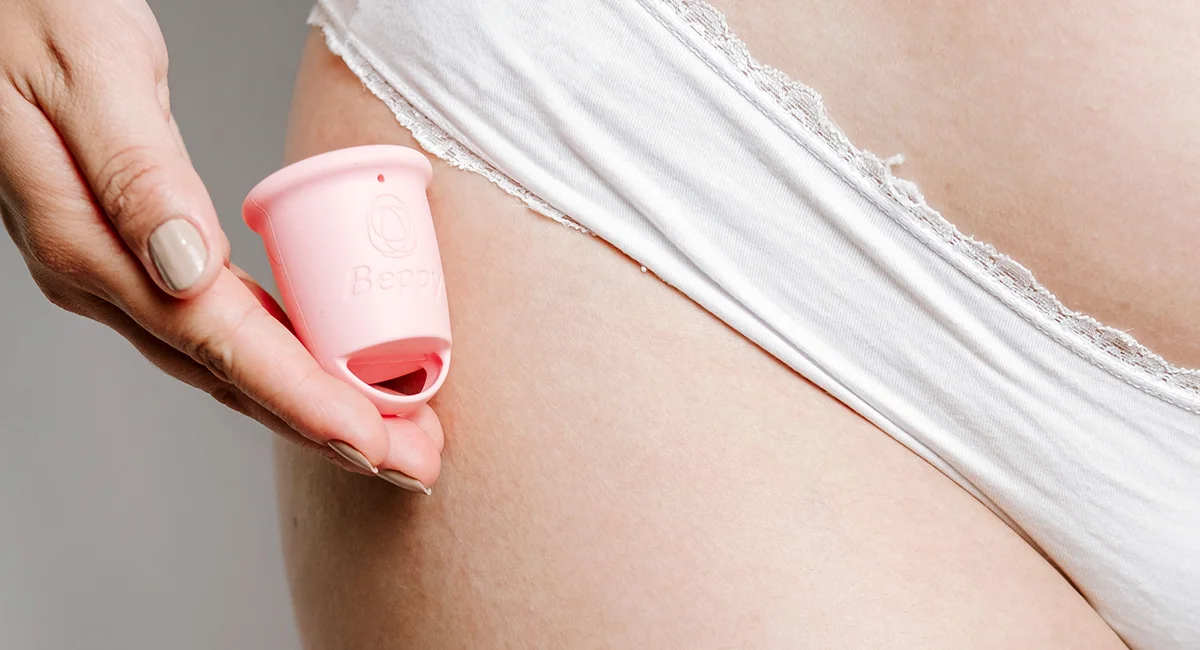
- Receive a free gift with orders over €30
- Customers rate us an average of 4.6 / 5 (882 reviews)

Have you ever wondered why you feel energetic and cheerful one week, while the next week you prefer to stay under the covers all day? As a woman, your moods can change considerably during the month. But which hormones are responsible for these emotional fluctuations? What causes that feeling of lethargy or, on the contrary, joy? In this blog, we will tell you more about menstrual cycle hormones and the influence they have on your body!
Menstrual cycle hormones regulate the different phases of your period. They determine when your period begins, when your ovulation occurs and how your body prepares for a possible pregnancy. The main hormones involved are:
These hormones work together to keep the cycle running properly. The average menstrual cycle lasts 28 days, but this can vary from person to person.
Hormones can have a major impact on your body before, during and after your period. Many women experience monthly symptoms that range from mild discomfort to severe symptoms. Some common symptoms include:
Many women wait to address hormonal fluctuations because they think it’s just something you have to learn to live with. But the reality is that you can do a lot yourself to balance your menstrual cycle hormones!
A hormonal imbalance can not only affect your physical health, but also interfere with your emotional and mental well-being. Fortunately, there are several ways to balance your menstrual cycle hormones.
One of the main factors affecting your hormones is contraception. Some women find that contraception helps relieve hormonal symptoms, while others do not benefit. The birth control pill and the Mirena IUD can have a significant impact on how you feel during the month. It is important to find out if birth control works for you, or if you should try another method. You can only find this out by testing different options and seeing what works best for you.
It is also a good idea to consider reusable menstrual products, such as menstrual cups, washable menstrual underwear or silicone tampons. These can not only contribute to a healthier menstrual cycle, but also help to reduce the strain on your hormones by avoiding certain chemicals that may be found in disposable products.
Healthy eating also plays an important role: by choosing foods such as green leafy vegetables, oily fish and nuts, you give your body the right building blocks to keep your hormones balanced. In addition, regular exercise is also very important. Yoga, walking or intense exercise can help reduce stress and support healthy hormonal function.
Stress negatively affects your hormonal balance, but relaxation techniques such as meditation or breathing exercises can help. Adequate sleep is also important, ideally between 7 and 9 hours per night. As a supplement, consider taking certain supplements, such as magnesium or vitamin B6, for hormonal stability.
When your hormones are properly balanced, you feel more energetic, calm and stable in your mood. Many women find that their periods are less painful, shorter and less intense. Your sleep quality also improves and your skin may look healthier. So balancing your hormones not only has positive effects on your physical health, but also on your mental and emotional well-being.
Are you ready to get your menstrual cycle hormones under control and improve your well-being? Get started today! Want to learn more about hormones, your cycle or our products? Then feel free to contact us!



